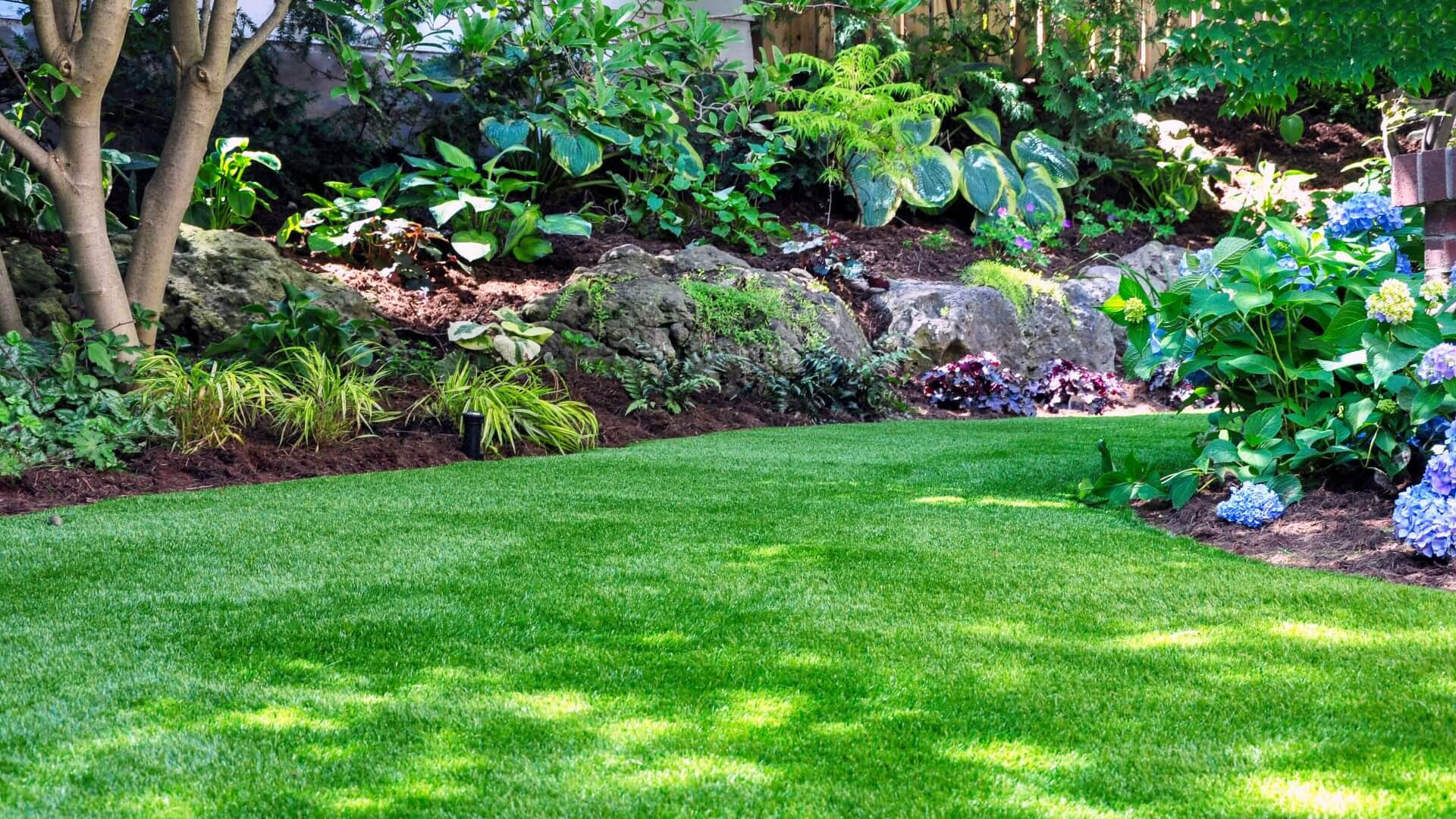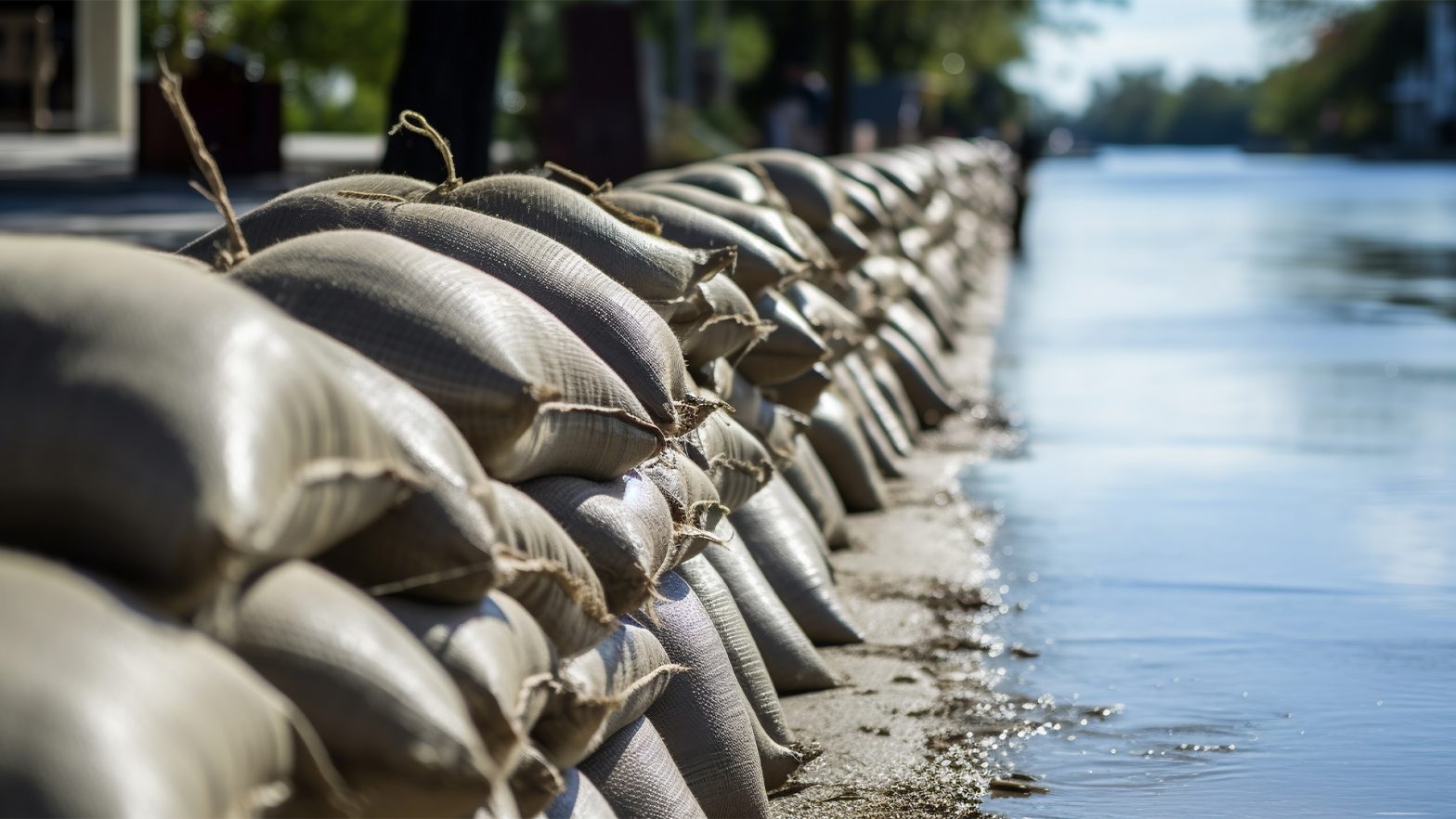Gardening is a beautifully relaxing and rewarding hobby. Nature lovers won’t want to be without gardening as a go-to hobby. Gardening generally has a universal appeal that can’t be denied. Humans are drawn to the presence of gardens.
There is a reignited interest in the natural garden after the younger generation has mostly forgotten about it in the last several decades. Gardeners may evoke sentiments of peace, tranquillity, and enjoyment through the colours and textures of plants; it is therapy for both the body and spirit.
There are several types of gardens from which to choose. You could think of a flower, vegetable, or herb garden while brainstorming garden kinds. A kind of garden that is often overlooked is the natural garden.
An alternative term for natural gardens is Native Gardens, which are just those that use only native plants. They try to imitate nature by utilizing organic farming methods, such as avoiding pesticides or chemical fertilizers.
Gardening using naturally suited plants to your area’s climate and soil saves time and effort. They are already used to the amount of rain, type of soil, pH, and insects in the area, and you don’t need to change the soil, protect the plants from the weather, or give them more water.
After you’ve planted your garden’s plants, nature will do the bulk of the job for you. When seed-starting your plants, you may need to move them inside or provide them with the extra water while germinating; it helps speed up the germination process.
Natural gardens should not be fertilized or sprayed with pesticides. Even if there are a few exclusions, they are hardly ever necessary. Citronellas, for example, are recommended as mosquito repellents because mosquitoes dislike the aroma of this tall, tropical grass species. But some of your plants may have pest damage, which is to be expected. The idea of a natural garden is to create a little ecosystem, and insects are a part of the ecosystem.
In most natural gardens, fertilizer and insecticides aren’t necessary; however, two exceptions exist. Pesticides may be necessary if you have an invasive pest in your area. As a result of the lack of natural predators in the area, invading pests can do more damage.
If the soil has been significantly altered, soil additives may be required to return it to its original state. If you previously had a garden in the exact location or if you live in an urban area where stones and rubbish are common, you may face this issue.
A natural garden might not be for everyone, but it’s a great way to incorporate nature into your yard. Your efforts will improve the environment since you’ll nurture native plants instead of pesticides and invasive species. In addition to teaching children about ecosystems, making a natural garden may be a fun way to learn about your local environment.
A feeling of satisfaction and pride may result from planning, planting, and seeing your own garden thrive. Gardening is a pastime that can be pursued for various reasons, over many years and into one’s golden years. The more you learn, the more chances you have to succeed.
Is there anything that is keeping you from starting your own natural garden?




























